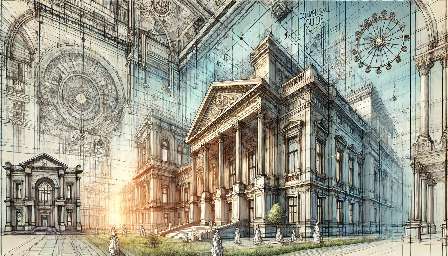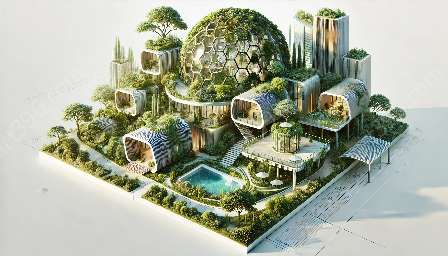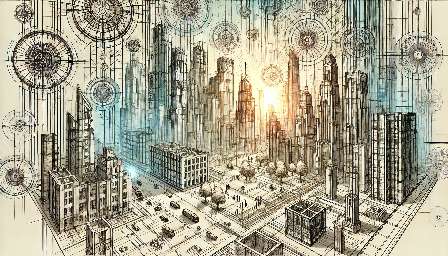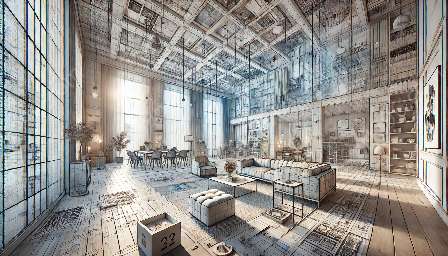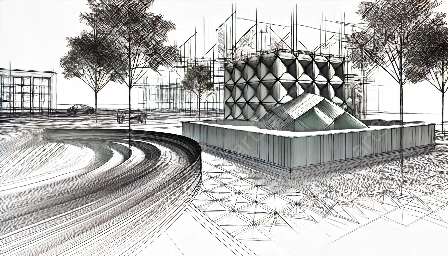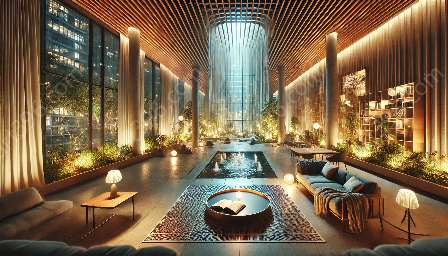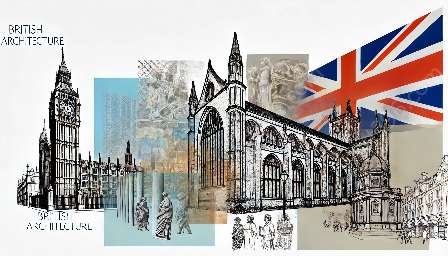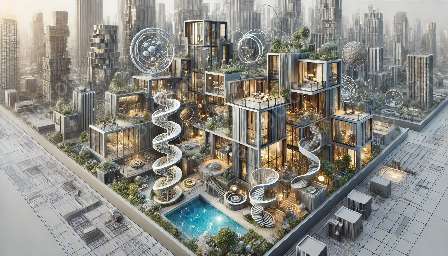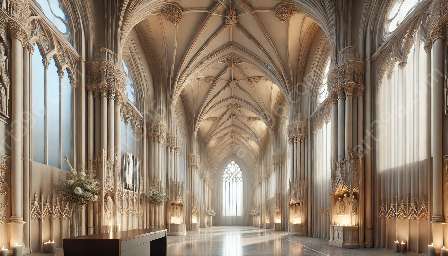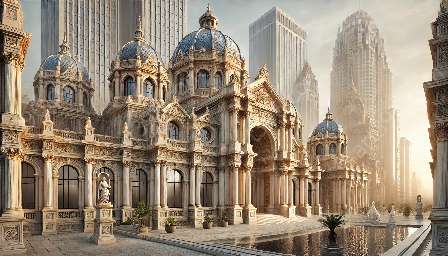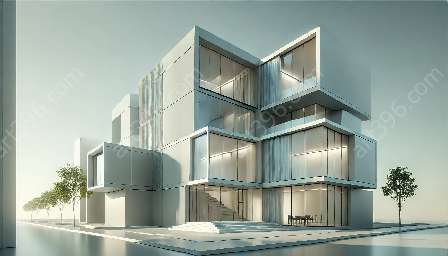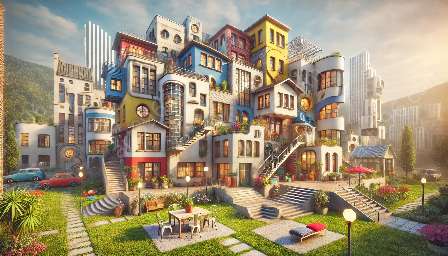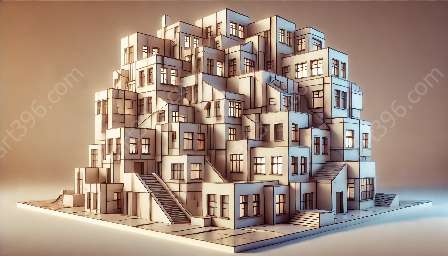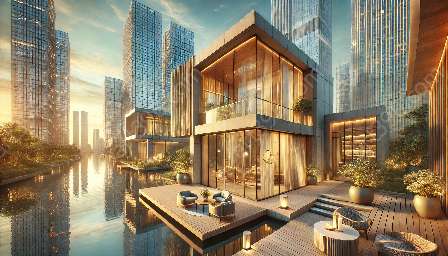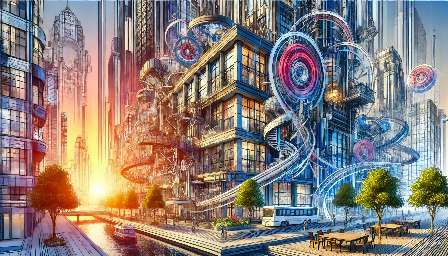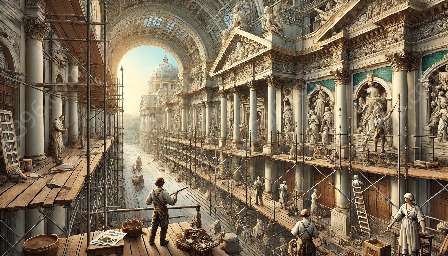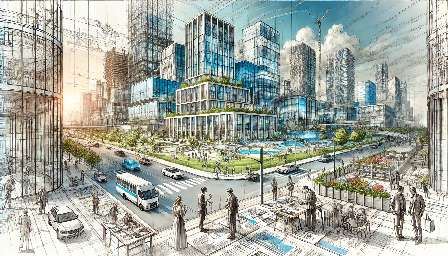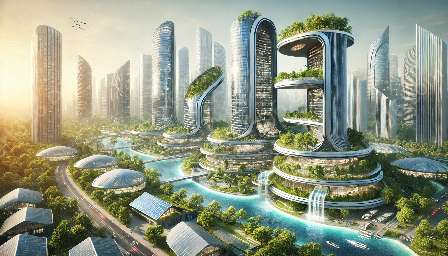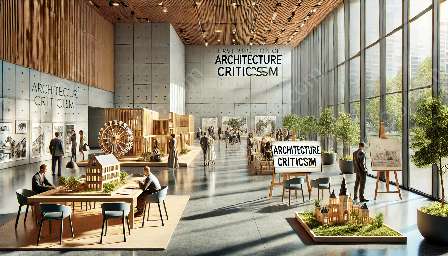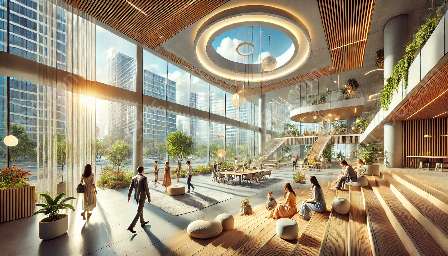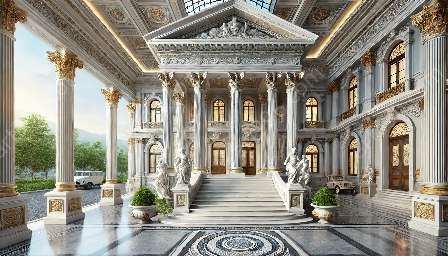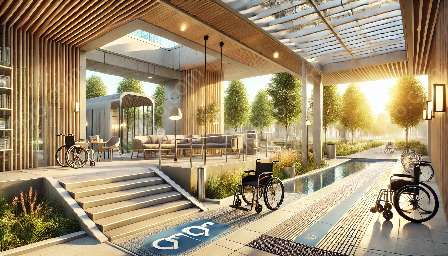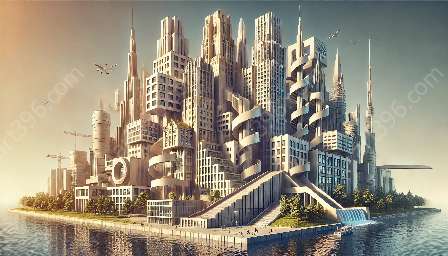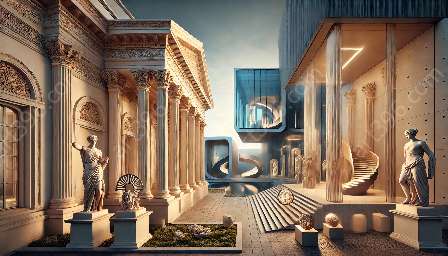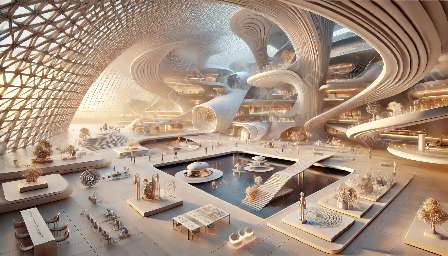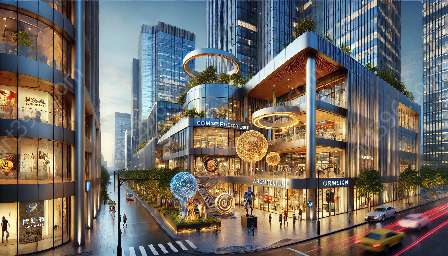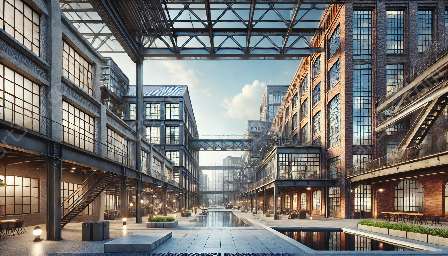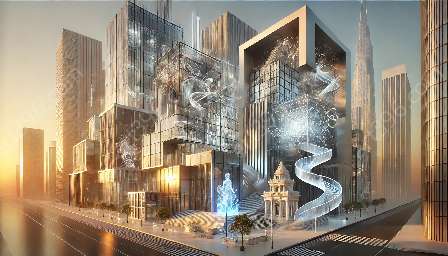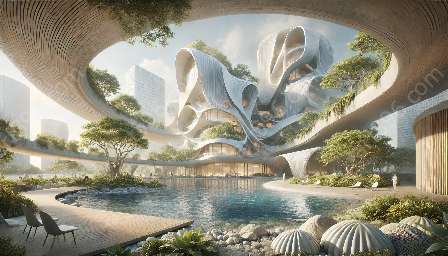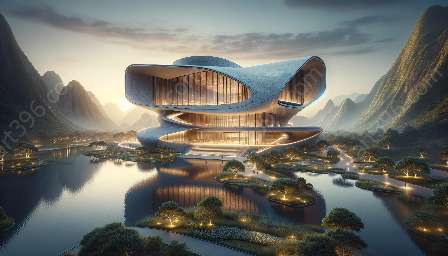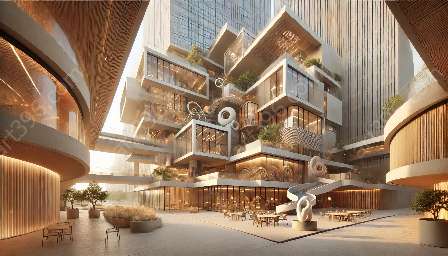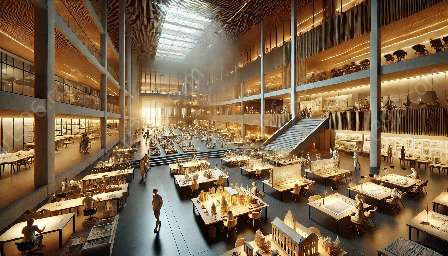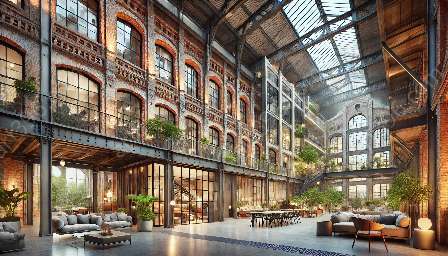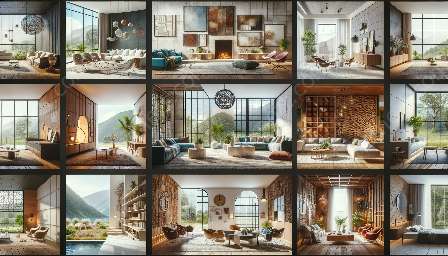Industrial architecture has a significant impact on the branding and identity of businesses. The design, structure, and history of industrial buildings contribute to creating a strong visual identity and conveying a brand's message. This influence can be seen across multiple industries, where industrial architecture sets the tone for branding and identity, reflecting the values and positioning of a business.
Defining Industrial Architecture
Industrial architecture refers to the design and construction of buildings that are primarily used for industrial purposes, such as manufacturing, production, or storage facilities. These structures are often characterized by their functional and utilitarian design, using materials such as steel, concrete, and glass. Industrial architecture evolved during the industrial revolution and has since become synonymous with innovation, efficiency, and durability.
Impact on Branding
Industrial architecture plays a pivotal role in shaping the branding of businesses. The unique aesthetic of industrial buildings, with features such as exposed beams, large open spaces, and soaring ceilings, has the power to evoke a sense of authenticity, ruggedness, and heritage. This visual language can be leveraged by businesses to communicate their brand's values and differentiate themselves in the market.
Authenticity and Heritage
The raw and unpolished look of industrial architecture can imbue a brand with a sense of authenticity and heritage, especially in industries where craftsmanship, tradition, and provenance are highly valued. For businesses aiming to convey a message of timeless quality and craftsmanship, the industrial aesthetic can serve as a powerful visual representation of their brand identity.
Modern and Innovative
Contrastingly, industrial architecture can also be used to position a brand as modern, innovative, and forward-thinking. By repurposing industrial spaces or incorporating industrial design elements into contemporary buildings, businesses can signal their progressive approach and commitment to cutting-edge solutions, appealing to consumers seeking modernity and innovation.
Brand Identity
Industrial architecture not only influences the visual aspects of branding but also contributes to shaping the overall brand identity. The physical space of an industrial building, with its layout, industrial features, and historical context, becomes an integral part of a brand's narrative. Businesses can leverage this unique environment to create immersive brand experiences, fostering emotional connections with their audience.
Creating Engaging Spaces
Industrial architecture provides businesses with the opportunity to create engaging spaces that captivate and resonate with their target audience. Whether through adaptive reuse of historic industrial structures or purpose-built industrial-inspired designs, brands can craft memorable environments that reflect their brand values and ethos, leaving a lasting impression on visitors and customers.
Storytelling and Narrative
The rich history and character of industrial buildings offer brands a compelling backdrop to craft their narrative and storytelling. By integrating the architectural elements and industrial symbolism into their branding strategy, businesses can weave a cohesive and authentic story that resonates with consumers, fostering brand loyalty and emotional connections.
Across Industries
The influence of industrial architecture extends across various industries, each harnessing its unique characteristics to reinforce their brand image and identity. From retail and hospitality to technology and automotive sectors, industrial architecture serves as a versatile canvas for brands to express their individuality and carve out distinctive identities.
Retail and Hospitality
In the retail and hospitality sectors, industrial architecture often forms the basis for compelling brand experiences. The adaptive reuse of industrial spaces as trendy retail stores, hip cafes, or boutique hotels not only imparts a distinct atmosphere but also reflects the brand's emphasis on authenticity, creativity, and community.
Technology and Innovation
Technology companies frequently utilize industrial-inspired architecture to convey a message of innovation, progress, and cutting-edge technology. Industrial-style office spaces and research facilities can communicate a brand's commitment to forward-thinking solutions and breakthrough innovations, fostering a sense of creativity and collaboration among employees.
Automotive and Manufacturing
In the automotive and manufacturing sectors, industrial architecture serves as a powerful visual representation of precision, craftsmanship, and engineering prowess. Manufacturing facilities and showrooms designed with industrial aesthetics can reinforce a brand's heritage and expertise, projecting an image of quality, reliability, and excellence.
Conclusion
Industrial architecture significantly influences the branding and identity of businesses across diverse industries. Its visual language, historical significance, and unique spatial characteristics offer brands a platform to convey authenticity, innovation, or heritage, shaping their narrative and fostering emotional connections with their audience. Understanding the impact of industrial architecture on branding can empower businesses to leverage architectural design as a strategic tool in shaping their brand's identity and perception.


